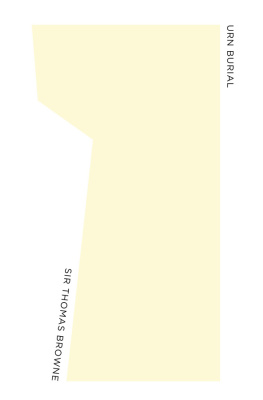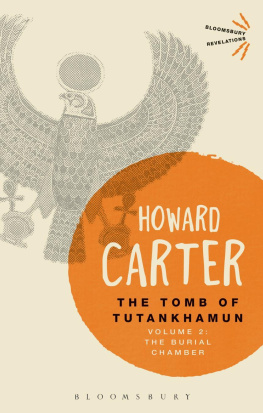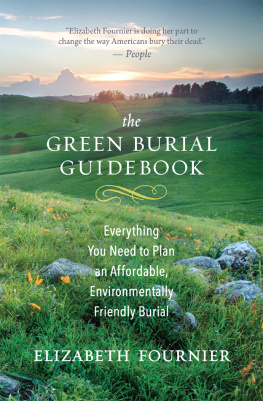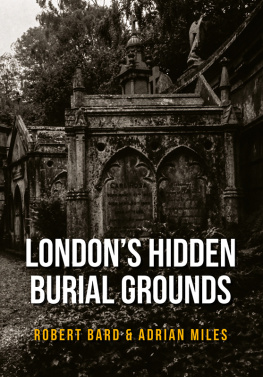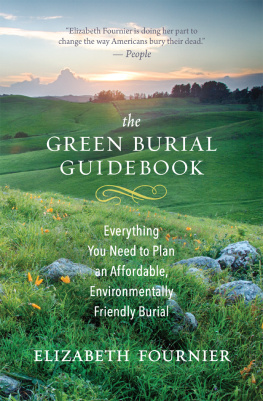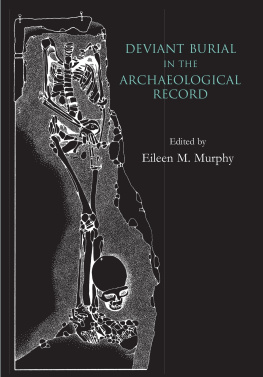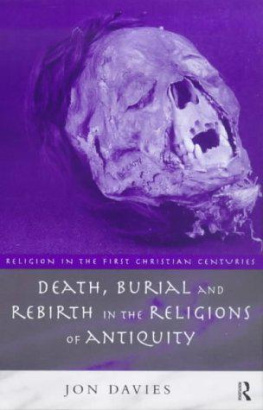Chapter I.
IN THE DEEP DISCOVERY of the subterranean world, a shallow part would satisfiesome enquirers; who, if two or three yards were open about the surface, wouldnot care to rake the bowels of Potosi, and regions towards the Centre. Naturehath furnished one part of the Earth, and man another. The treasures of time liehigh, in Urnes, Coynes, and Monuments, scarce below the roots of somevegetables. Time hath endlesse rarities, and shows of all varieties; whichreveals old things in heaven, makes new discoveries in earth, and even earth itself a discovery. That great Antiquity America lay buried for athousand years; and a large part of the earth is still in the Urne unto us.
Though if Adam were made out of an extract of theEarth, all parts might challenge a restitution, yet few have returned theirbones farre lower then they might receive them; not affecting the graves ofGiants, under hilly and heavy coverings, but content with lesse then their ownedepth, have wished their bones might lie soft, and the earth be light upon them;Even such as hope to rise again, would not be content with centrall interrment,or so desperately to place their reliques as to lie beyond discovery, and in noway to be seen again; which happy contrivance hath made communication with ourforefathers, and left unto view some parts, which they never beheldthemselves.
Though earth hath engrossed the name yet water hath provedthe smartest grave; which in forty dayes swallowed almost mankinde, and theliving creation; Fishes not wholly escaping, except the Salt Ocean werehandsomely contempered by a mixture of the fresh Element.
Many have taken voluminous pains to determine the state ofthe soul upon disunion; but men have been most phantasticall in the singularcontrivances of their corporall dissolution: whilest the sobrest Nations haverested in two wayes, of simple inhumation and burning.
That carnall interment or burying, was of the elder date,the old examples of Abraham and the Patriarchs are sufficient toillustrate; And were without competition, if it could be made out, thatAdam was buried near Damascus, or Mount Calvary,according to some Tradition. God himself, that buried but one, was pleased tomake choice of this way, collectible from Scripture-expression, and the hotcontest between Satan and the Arch-Angel, about discovering the body ofMoses. But the practice of Burning was also of great Antiquity, andof no slender extent. For (not to derive the same from Hercules) nobledescriptions there are hereof in the Grecian Funerals of Homer, In theformall Obsequies of Patrocles, and Achilles; and somewhatelder in the Theban warre, and solemn combustion of Meneceus,and Archemorus, contemporary unto Jair the Eighth Judge ofIsrael. Confirmable also among the Trojans, from theFunerall Pyre of Hector, burnt before the gates of Troy, Andthe burning burnt the body of hisSon, and interred the ashes in a silver Urne.
The same practice extended also farre West,
Cornelius Sylla was not the first whose body wasburned in Rome, but of the Cornelian Family, which beingindifferently, not frequently used before; from that time spread, and became theprevalent practice. Not totally pursued in the highest runne of Cremation; Forwhen even Crows were funerally burnt, Poppa the Wife of Nerofound a peculiar grave enterment. Now as all customes were founded upon somebottome of Reason, so there wanted not grounds for this; according to severallapprehensions of the most rationall dissolution. Some being of the opinion ofThales, that water was the originall of all things, thought it mostequall to submit unto the principle of putrefaction, and conclude in a moistrelentment. Others conceived it most natural to end in fire, as due unto themaster principle in the composition, according to the doctrine ofHeraclitus. And therefore heaped up large piles, more actively towaft them toward that Element, whereby they also declined a visible degenerationinto worms, and left a lasting parcell of their composition.
Some apprehended a purifying virtue in fire, refining thegrosser commixture, and firing out the thereall particles so deeply immersed init. And such as by tradition or rationall conjecture held any hint of the finallpyre of all things; or that this Element at last must be too hard for all therest; might conceive most naturally of the fiery dissolution. Others pretendingno natural grounds, politickly declined the malice of enemies upon their buriedbodies. Which consideration led Sylla unto this practise; who havingthus served the body of Marius, could not but fear a retaliation uponhis own; entertained after in the Civill wars, and revengeful contentions ofRome.
But as many Nations embraced, and many left itindifferent, so others too much affected, or strictly declined this practice.The Indian Brachmans seemed too great friends unto fire, who burntthemselves alive, and thought it the noblest way to end their dayes in fire;according to the expression of the Indian, burning himself atAthens,in his last words upon the pyre unto the amazed spectators, Thus I make myselfe Immortall.
But the Chaldeans the great Idolators of fire,abhorred the burning of their carcasses, as a pollution of that Deity. ThePersian Magi declined it upon the like scruple, and being onlysollicitous about their bones, exposed their flesh to the prey of Birds andDogges. And the Persees now in India, which expose theirbodies unto Vultures, and endure not so much as feretra or Beers ofWood, the proper Fuell of fire, are led on with such niceties. But whether theancient Germans who burned their dead, held any such fear to pollutetheir Deity of Herthus, or the earth, we have no Authentickconjecture.
The gyptians were afraid of fire, not as a Deity, but adevouring Element, mercilesly consuming their bodies, and leaving too little ofthem; and therefore by precious Embalments, depositure in dry earths, orhandsome inclosure in glasses, contrived the notablest wayes of integrallconservation. And from such gyptian scruples imbibed by Pythagoras, itmay be conjectured that Numa and the Pythagoricall Sect first waved thefiery solution.
The Scythians who swore by winde and sword, thatis, by life and death, were so farre from burning their bodies, that theydeclined all interrment, and made their graves in the ayr: And theIchthyophagi or fish-eating Nations about gypt, affected the Seafor their grave: Thereby declining visible corruption, and restoring the debt oftheir bodies. Whereas the old Heroes in Homer, dreaded nothing morethan water or drowning; probably upon the old opinion of the fiery substance ofthe soul, only extinguishable by that Element; And therefore the Poetemphatically implieth the totall destruction in this kinde of death, whichhappened to Ajax Oileus.
The old Balearians without cremation or urnall interrment of theirbodies, make use of trees and much burning, while they plant a Pine-tree bytheir grave, and burn great numbers of printed draughts of slaves and horsesover it, civilly content with their companies in effigie, which barbarousNations exact unto reality.
Christians abhorred this way of obsequies, and though theystickt not to give their bodies to be burnt in their lives, detested that modeafter death; affecting rather a depositure than absumption, and properlysubmitting unto the sentence of God, to return not unto ashes but unto dustagaine, conformable unto the practice of the Patriarchs, the interrment of ourSaviour, of

